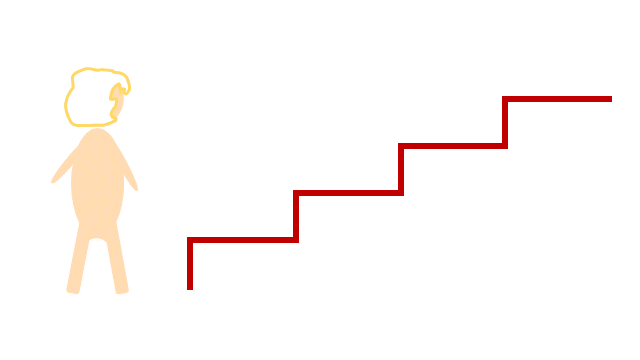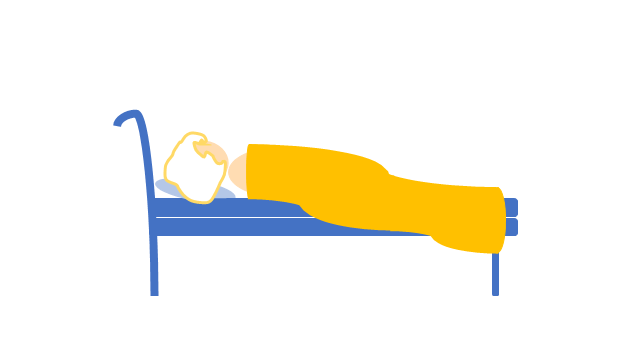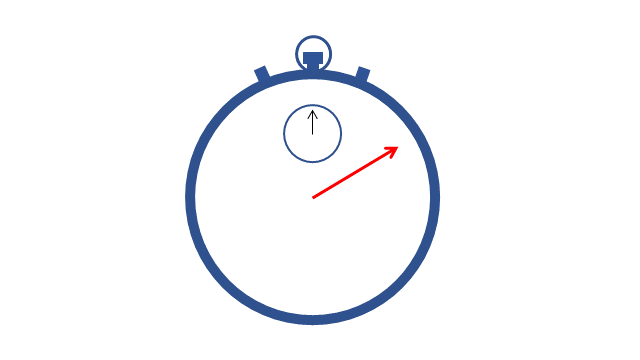Symptoms
There are several symptoms which are signs of cardiac disease but none of these are specific for the heart. To make a diagnosis, the characteristics of each symptom must be assessed. These include the factors which bring on a symptom or make it better or worse.
Here are some common symptoms and their causes.

Chest Pain
Cardiac causes of chest pain include coronary disease, valve disease and abnormal heart rhythms (arrhythmias).
There are also many non-cardiac causes of chest pain such as indigestion and muscle problems. Cardiac chest pain often occurs on exertion such as going up the stairs or up a hill. Generally, the lower the amount of exertion that can be done, the more severe the disease. The location of the pain and where it spreads to are diagnostic clues (see angina).

Shortness of Breath
Cardiac diseases which cause chest pain can also cause shortness of breath. Heart failure and coronary disease are examples.
Sometimes, breathlessness occurs on lying flat. This is known as orthopnoea and is a sign of heart failure.

Palpitations
This is being aware that the heart is beating. Palpitations are often normal and can be caused by strong emotions, exercising, lying on the left hand side and drinking caffeine or alcohol. They can also be abnormal and caused by arrhythmias.
“Tapping out” palpitations with a finger gives an indication of rate and rhythm and helps identify arrhythmias. For instance, a fast, “irregularly irregular” rhythm may be due to atrial fibrillation.

Dizziness and Blackouts
Important causes include arrhythmias, cardiomyopathy and valve disease. How long symptoms last helps to make a diagnosis. For instance, arrhythmias can cause blackouts after only 3 seconds. Therefore, there is usually very little warning. Blackouts due to arrhythmias can lead to very serious consequences after around 4 minutes. Therefore, those who come round have usually blacked out for only a short time. On coming round, recovery is generally quick.
Fortunately, the most common cause of blackouts is not an arrhythmia but a type of fainting known as vasovagal syncope. There is usually a trigger such as seeing blood and there is usually a warning period during which blacking out can be avoided by lying down. Warning symptoms include feeling hot and sick.
It can be seen that a careful description of symptoms helps to draw up a list of possible diagnoses. Investigations are usually required to confirm the diagnosis.